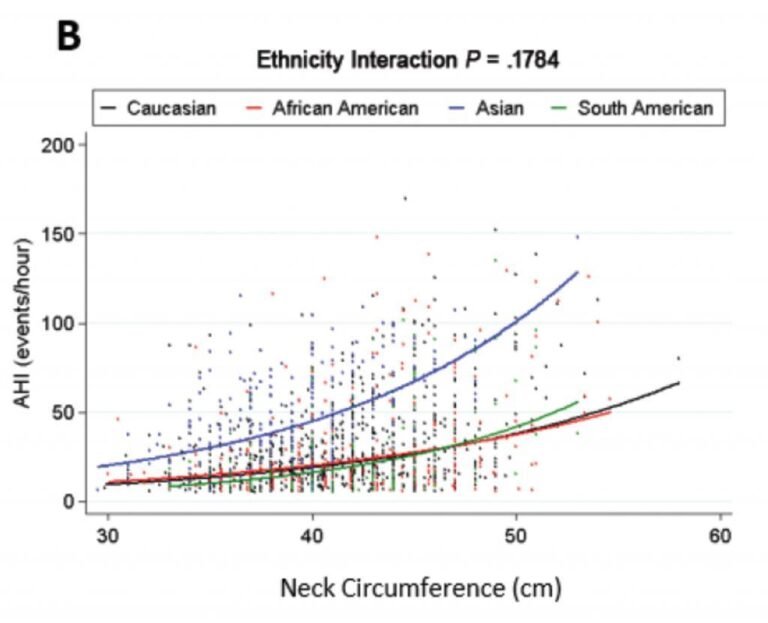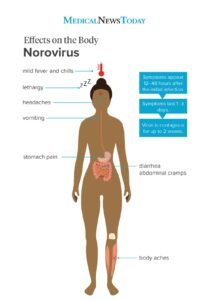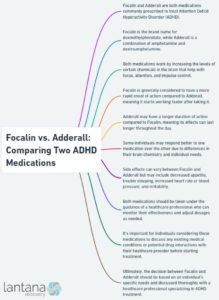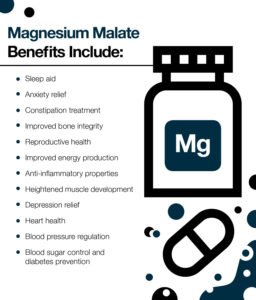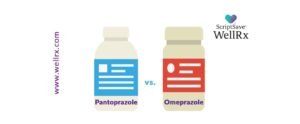PCOS and Chronic Low-Grade Inflammation_ What’s the Connection_
Understanding the Link Between PCOS and Chronic Low-Grade Inflammation
Read Time: 6 mins
Polycystic Ovary Syndrome (PCOS) is a hormonal condition that impacts how the ovaries function, and it’s often connected to chronic, low-grade inflammation. Inflammation occurs when the body’s immune system, made up of white blood cells and other elements, responds to foreign substances to protect the body from potential threats. However, sometimes this immune response becomes misdirected, causing inflammation within the body’s own tissues and cells. This can have various effects, especially for individuals with PCOS, where inflammation plays a significant role.
What Is Inflammatory PCOS?
PCOS is a hormonal disorder that can lead to ovarian cysts, irregular menstrual cycles, and other health challenges. Inflammatory PCOS refers to the presence of chronic inflammation, indicated by elevated levels of inflammatory markers such as tumor necrosis factor-alpha (TNF-α) and C-reactive protein (CRP). This inflammation can exacerbate the symptoms of PCOS and increase the risk of other conditions. PCOS affects an estimated 8% to 13% of women of reproductive age and is a leading cause of infertility.
Common Symptoms of PCOS
Individuals with PCOS may experience a variety of symptoms, including:
-
Irregular periods
-
Hirsutism (excessive hair growth)
-
Thinning hair
-
Weight gain
-
Acne
-
Ovarian cysts
The Role of CRP and Inflammation in PCOS
Research has shown that people with PCOS tend to have higher CRP levels compared to those without the condition, indicating that inflammation is present. In addition to CRP, individuals with PCOS may also exhibit higher levels of other markers of inflammation, such as oxidative stress and various cytokines. These factors contribute to the immune response and are commonly found during inflammatory events in the body.
Cytokines and Their Impact on Inflammation
Cytokines are signaling molecules that play a central role in regulating immune responses and inflammation. When inflammation occurs, cytokines trigger a cascade of immune reactions that can lead to symptoms such as pain, fatigue, and headaches. Inflammation is not limited to joints and muscles, as seen in conditions like rheumatoid arthritis or gout. It can also affect internal organs, contributing to conditions like myocarditis (inflammation of the heart muscle) or colitis (inflammation of the colon), which may be alleviated through an anti-inflammatory diet.
How Can CRP Levels Affect Your Health?
A blood test for CRP can help detect inflammation within the body. Elevated CRP levels are associated with several conditions, including pancreatitis, appendicitis, and cardiovascular disease. For individuals with PCOS, higher CRP levels may also indicate an increased risk of insulin resistance and type 2 diabetes, common co-occurring conditions. According to the Centers for Disease Control and Prevention (CDC), more than 50% of women with PCOS develop type 2 diabetes by age 40.
PCOS and Increased Risk of Heart Disease
Research indicates that individuals with PCOS are at a higher risk of developing cardiovascular diseases, including coronary artery disease. This elevated risk can increase the likelihood of experiencing a heart attack.
Infertility and Hormonal Imbalance in PCOS
PCOS can disrupt ovulation, leading to fertility challenges. Hormonal imbalances, particularly elevated testosterone levels, are common in PCOS and contribute to issues with conception.
Can PCOS Impact Life Expectancy?
Most individuals with PCOS can lead normal, healthy lives without major complications. However, the condition may increase the risk of certain diseases, such as diabetes and heart disease, that can affect long-term health.
How to Manage Inflammation in PCOS: Anti-Inflammatory Diet Tips
If you have PCOS, managing inflammation through lifestyle changes is essential. A balanced diet, rich in anti-inflammatory foods, can help reduce inflammation and improve overall health. Research has shown that women with PCOS who follow a Mediterranean-style anti-inflammatory diet for three weeks experience improvements in cholesterol levels, blood pressure, and inflammatory markers, as well as a reduction in body weight.
Foods to Include in an Anti-Inflammatory Diet
Incorporating these foods can help manage inflammation:
-
Fish
-
Legumes
-
Nuts
-
Olive oil
-
Herbs and spices
-
Green tea
Foods to Avoid with PCOS
Certain foods can exacerbate inflammation and blood sugar spikes:
-
Fried foods
-
Saturated fats
-
Red meat
-
Processed snacks
-
Sugary drinks
-
Alcohol
Exercise and Its Role in Reducing PCOS-Related Inflammation
Regular physical activity, especially cardiovascular exercise, has been shown to reduce inflammatory markers in people with PCOS. Engaging in regular workouts can significantly improve inflammation and help manage the condition.
Other Lifestyle Modifications for Inflammation Management
In addition to diet and exercise, the following strategies may help:
-
Supplementing with omega-3 fatty acids (fish oil is a good option)
-
Taking anti-inflammatory supplements such as turmeric and ginger
-
Practicing mindfulness and stress-reduction techniques
-
Prioritizing good sleep hygiene
Choosing the Right Supplements for Inflammation
When selecting supplements, it’s crucial to choose reputable products. Always consult a healthcare provider, dietitian, or pharmacist before starting any new supplement regimen to ensure safety and effectiveness.
Conclusion: The Connection Between PCOS and Inflammation
PCOS is not only a hormonal disorder but also a condition that can be influenced by chronic inflammation. Inflammation may contribute to the development of related health conditions, such as diabetes, heart disease, and infertility. Blood tests and imaging studies can help identify inflammation and guide treatment. Lifestyle changes, particularly in diet and exercise, can significantly reduce inflammation and improve overall health.
Frequently Asked Questions
-
What Is Inflammatory PCOS?
Inflammatory PCOS is a form of PCOS associated with chronic, low-grade inflammation that affects the body’s immune response and can exacerbate symptoms. -
What Are the Symptoms of PCOS?
Common symptoms include irregular periods, hirsutism, thinning hair, weight gain, acne, and ovarian cysts. -
How Does CRP Relate to Inflammation in PCOS?
Higher CRP levels indicate ongoing inflammation and are common in individuals with PCOS. -
Can PCOS Cause Complications?
Yes, PCOS is linked to an increased risk of diabetes, heart disease, and infertility. -
What Is the Life Expectancy for Someone with PCOS?
Most individuals with PCOS can lead healthy lives, although the condition may increase the risk of certain health issues.
